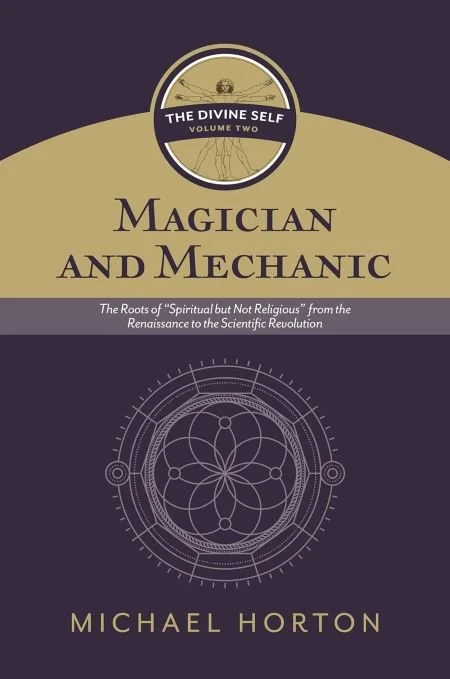Preaching and Dogmatics
In this, my second lecture, I will discuss and emphasize the importance of teaching our congregations sound doctrine as the basis for making proper application. It is important to note at the outset that a sermon ought not be a doctrinal lecture. But given the concerns raised in my previous lecture, a little bit of doctrinal lecturing in our sermons might be in order–especially when we consider the number of times the Bible itself speaks of the importance of proper doctrine as a corrective to error, ignorance, and apathy, and repeatedly warns us about false teachers.
The question before us is simply this: “how do we communicate doctrine–the deep truths of the faith–while making such doctrine applicable to daily life?” Yes, I know that people want to cut out the doctrine and get right to the application–it is a common lament. But part of the mess we are in is that far too often, and far too readily, churches have caved in to what is actually an unreasonable demand. These concerns typically come from Sheilaists, Moralistic Therapeutic Deists, adherents of American Civil Religion, and Critical and Social Justice Theorists described in my previous lecture.
Our question is also especially relevant in light of our previous lecture in which we discussed the necessity of preaching apologetically–which I define as acknowledging that the Christian faith is a truth claim grounded in specific historical events, all of which culminate in the person and work of Jesus Christ–his incarnation, death, and resurrection. One of the peculiarities of Christianity is that its main doctrines are also historical facts. B. B. Warfield pointed out the obvious when he declared, “the resurrection of Christ is the fundamental fact of Christianity.”[1] The same holds true for Christ’s cross, his ascension, and a host of other factual occurrences which are loaded with doctrinal significance. Like the resurrection, these doctrines are tied to history (they occurred) but also become fundamental doctrines. If God did and said these things recorded in the Bible, then Christianity is true and its claims upon those things we believe and its commands as to how we are to act stand–despite the objections those who want to get right to the acting part, bypassing or down-playing the importance of what must be believed in order to act properly.
The New Testament Repeatedly Warns About False Doctrine and False Teachers
It should not come as a surprise that our work as ministers will be conducted under difficult circumstances. Throughout the New Testament we are warned in no uncertain terms of opposition to the Christian faith and its central doctrines in part, because it requires the hearer to trust someone other than themselves (Jesus) to save them from the wrath of God (if there even is such a thing). So we will begin our time surveying the various warnings in the New Testament about serious challenges raised by false doctrine and unbelief, then we will spend the balance of our time identifying some of the over-arching doctrinal categories necessary to equip our hearers to resist the challenges associated with our age.
The warnings about false doctrine given in the New Testament center around the ignorance of, confusion about, or opposition to specific Christian doctrines and teaching. As he faces death in a Roman jail, Paul’s lasts words to Timothy, leaves his associate with both a warning and an exhortation. In 2 Timothy 3:12-17, Paul tells Timothy,
Indeed, all who desire to live a godly life in Christ Jesus will be persecuted, while evil people and impostors will go on from bad to worse, deceiving and being deceived. But as for you, continue in what you have learned and have firmly believed, knowing from whom you learned it and how from childhood you have been acquainted with the sacred writings, which are able to make you wise for salvation through faith in Christ Jesus. All Scripture is breathed out by God and profitable for teaching, for reproof, for correction, and for training in righteousness, that the man of God may be competent, equipped for every good work.
Paul’s point is that the nature of Scripture as “god-breathed” (i.e., having its origin in the will of God) establishes the Bible as the source of all Christian doctrine, the basis of our practice, and the sole standard by which all Christian proclamation and conduct is to be evaluated.
To read the rest, follow the link below
Read More

















